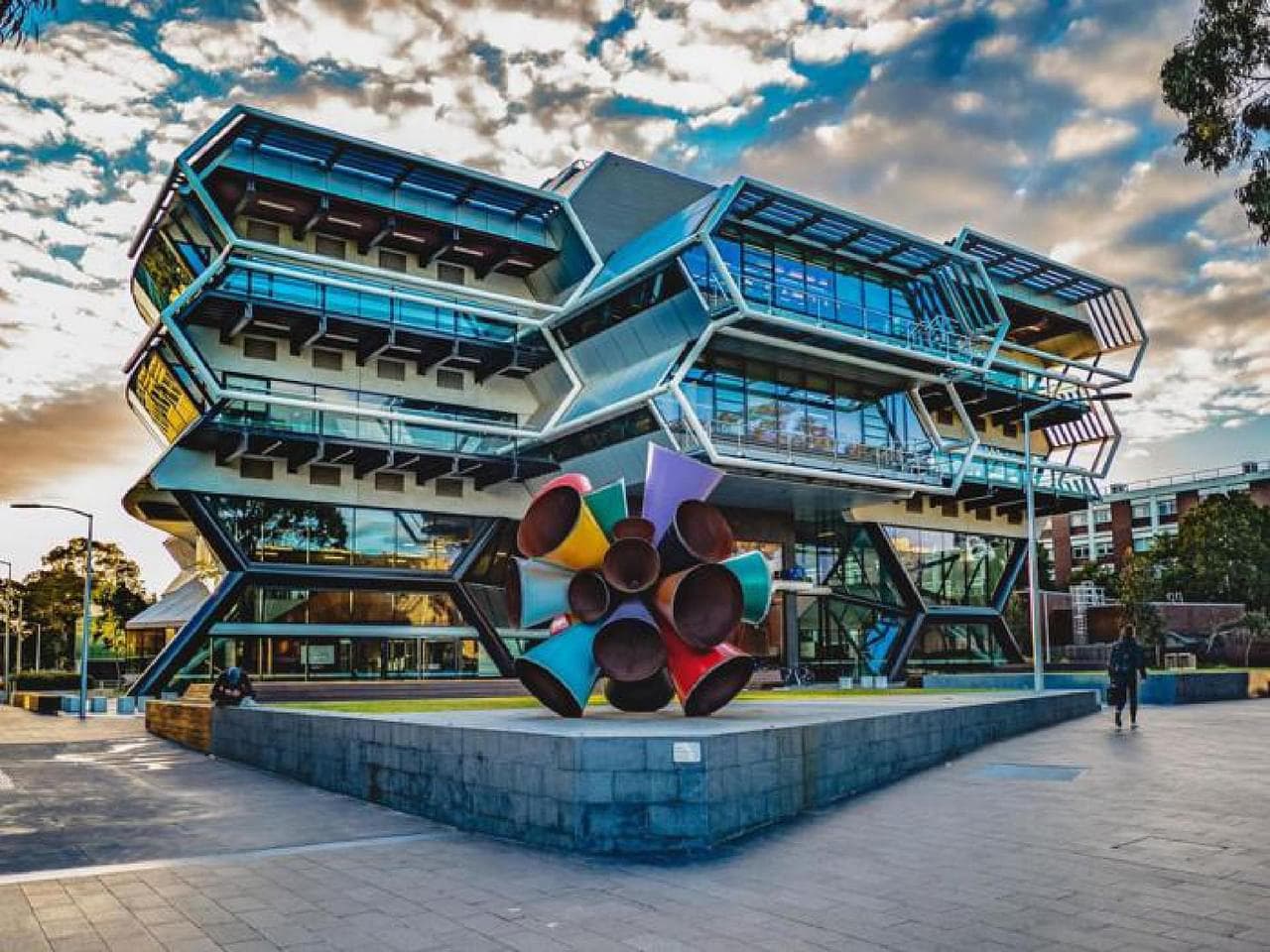The Bachelor of Fine Art is a specialist course that develops through theme studies in history and theory, drawing, and fine art knowledge and practice. In the Art history and curating specialisation, these will come together through an internship and a final research project. In the Fine Art specialisations these will come together in the form of a graduand exhibition normally developed during the final two studio units in the third year of the course.
- Part A. History and theory studies
History and theory units will equip you with the skills necessary to research fine arts issues and provide the research methods relevant to your studio or workshop practice. They will enable you to contextualise your own practice and communicate ideas and strategies. Through the prism of history, as well as reference to bodies of knowledge relevant to cultural production, you will begin to situate the place of Fine Art in society.
- Part B. Drawing foundation
This will assist you to develop the perceptual, practical and intellectual skills required by art, design and architecture students in the discipline of drawing.
- Part C. Fine art knowledge and practice
Through this component of the course you will develop key skills and concepts particular to your Fine Art specialisation. Through lectures and seminars, studios or practice driven workshops, you will develop the capacity for independent cultural production within Fine Art and related fields. Interdisciplinary skills and understanding will be explored, as well as critical thinking.
Students specialising in Art history and curating will have the opportunity to interact with topics and students from a range of relevant fields in the Arts.
Students specialising in Fine Art will engage with and integrate specific professional fields from related areas into their practice.
The Bachelor of Media Communication is a specialist course, developed through three themes that combine to underpin media communication practice: strategic knowledge, practical and professional skills, and collaboration and leadership. In the double degree course you complete:
- Part A. Strategic knowledge
Builds students' competence in analysing and understanding the current state and past developments in media communication locally and globally; understanding impacts of media and communication transformation, and media power; creating future scenarios and media communication visions by developing students' preparedness and adaptability for future media communication change and creativity.
- Part B. Practical and professional skills
This involves developing students' competencies in linking knowledge and media practice in professional contexts, such as conceptual and implementation skills, project and content management skills, hands-on experience in putting knowledge into practice, and thereby testing and creatively experimenting with (strategic) knowledge about media transitions and transformations. It also involves developing students' competency in ethical and legal aspects of media communication.
- Part C. Collaboration and leadership
This involves competencies necessary for students to work in teams and in different knowledge communities and media communication professional settings. It includes competence in engaging with stakeholders, media literacy, and participatory research and media making in collaboration with experts from academia, industry, government, and the community. It also includes competency in social and cross-cultural awareness.
